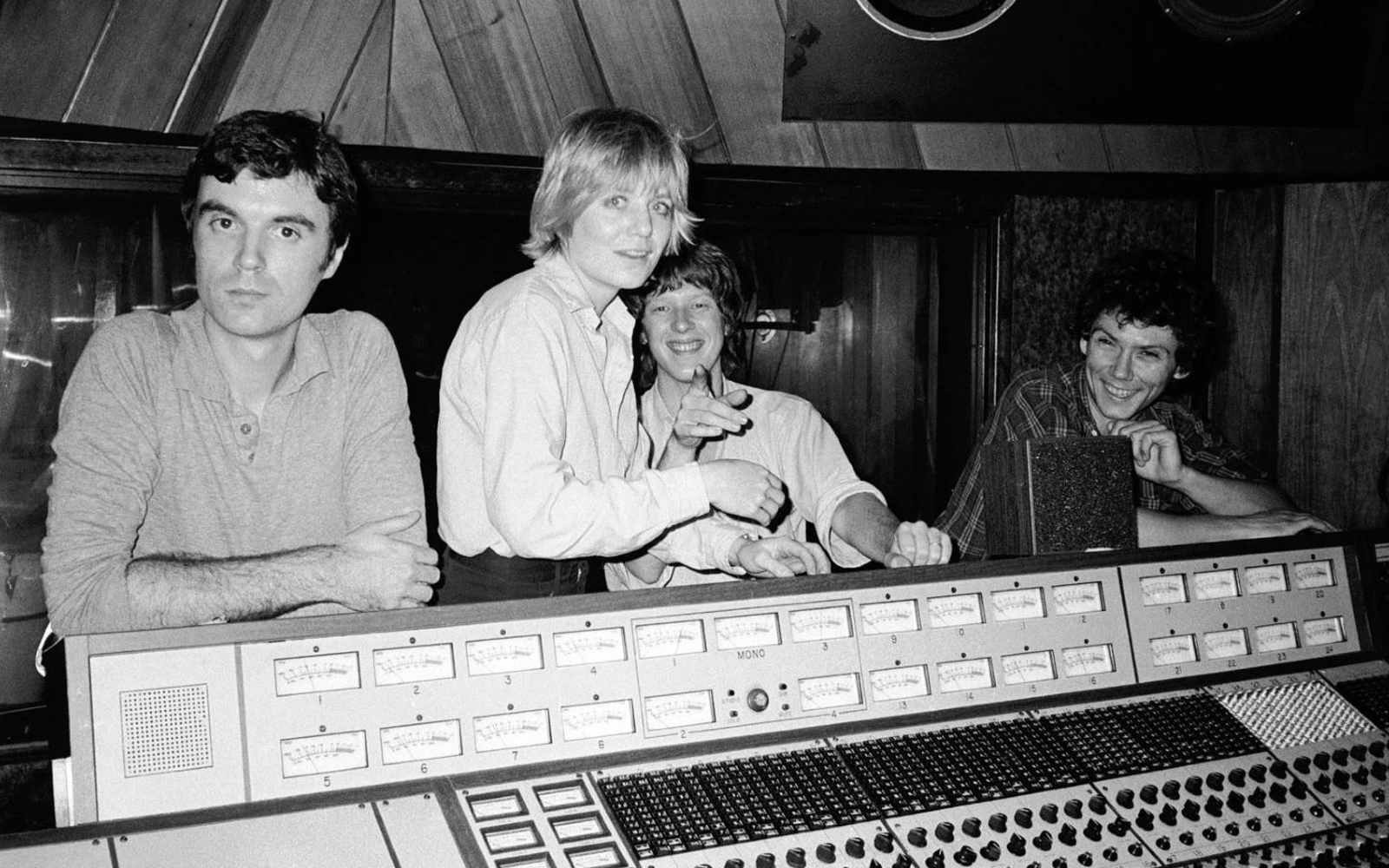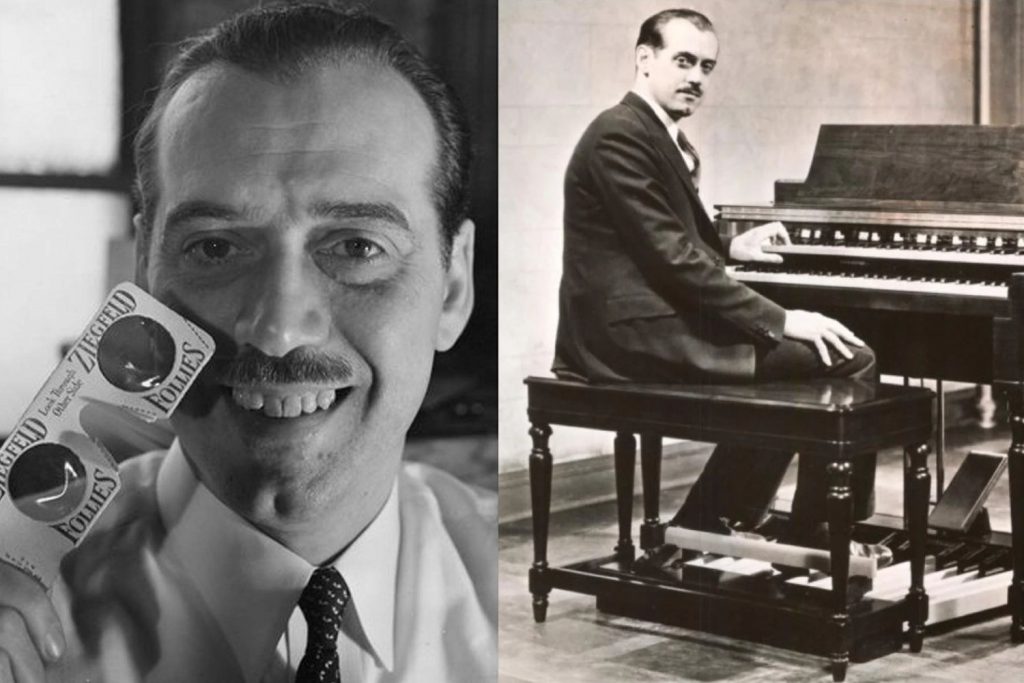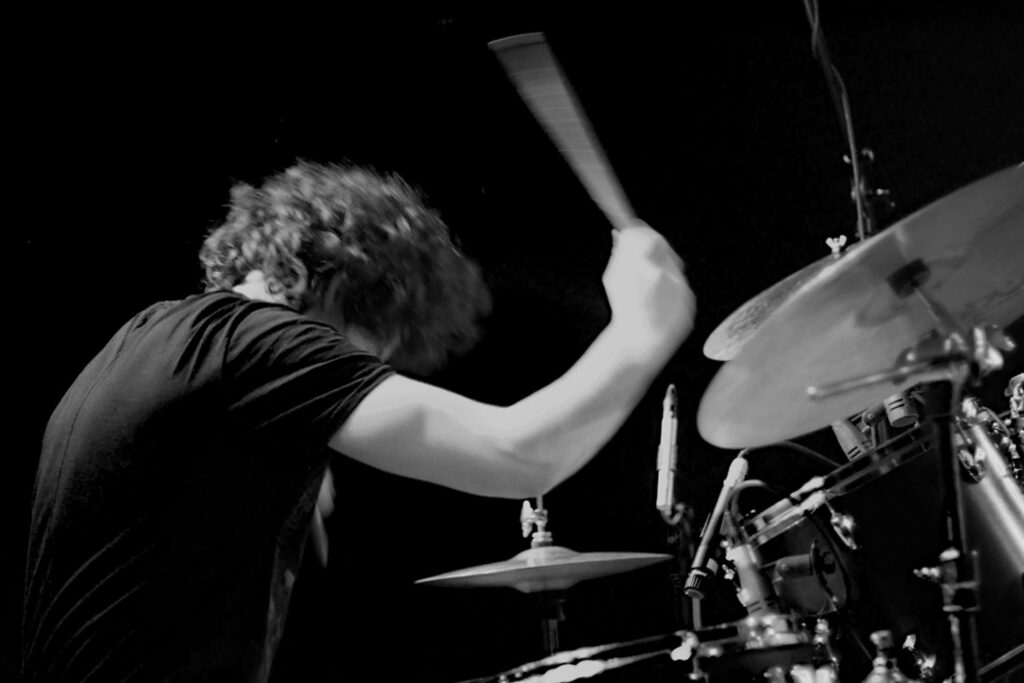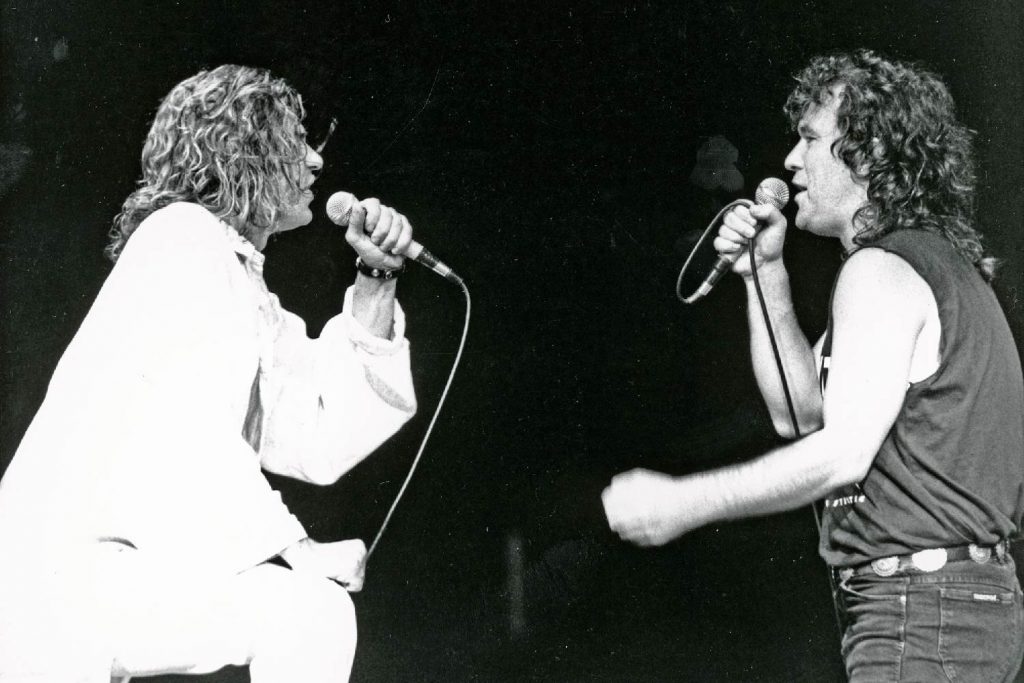With strange production techniques on albums from Talking Heads, Steve Lacy and even Black Sabbath!
Usually bands go through the standard rigmarole when getting their album out there, writing, the recording studio, production, then release. Some of the most iconic albums were penned in less than ordinary ways and today, we’re diving into them. We’ve got songs recorded in jail, a 2003 album recorded with equipment from 1963 and even an EP tracked on an iPhone!
Read all the latest features, columns and more here.
Steve Lacy – Steve Lacy’s Demo
Lacy’s almost 15 minute debut release garnered him a bunch of fans worldwide and made him a hot commodity in the music world. The Internet band member didn’t use any high tech equipment, the six track EP was penned on Lacy’s iPhone 6 with Garageband, giving the release a distinctive lo-fi flare that would follow in subsequent releases from the artist.
Diving into the process during an interview at the time, Lacy mentioned he would start with guitar lines, playing until something came up he liked, then would build the rest of the track around it, touching up very small elements in Logic, showing fans out there you don’t need anything fancy to create something special.
Lacy would go onto produce many releases in the same way, including a track on Kendrick Lamar’s 2015 release Damn.
Fiona Apple – Fetch The Bolt Cutters
Apple first ruminated on this conceptual album back in 2015, and slowly worked on it over the years until its release in 2020, where it received much critical acclaim.
Fetch The Bolt Cutters was recorded at Apple’s home recording studio in California, using Garageband, a DAW Fiona had close to no experience with, meaning each song is one take, unedited, and full of a bunch of ambient house sounds like birds and doorbells.
Apple also mentioned that because of her lack of knowledge around the software, there were many mistakes littered throughout the album, “I didn’t even know how to edit it and make a take shorter, so each track is just this one long take, and if I made a mistake in it, well, I better just play over it and let that mistake work itself into it, Fetch The Bolt Cutters is one of the only releases to receive a perfect rating on Pitchfork.
Talking Heads – Remain In Light
Quirky new-wave rockers Talking Heads had an interesting story behind the recording of their fourth studio album, Remain In Light. The album was produced by music icon Brian Eno, who had a unique approach, which was considered integral to the distinct nature of the release.
Eno’s plan was to celebrate the sound of each element, rather than how they sounded together, therefore, each track was recorded separately, in an extremely disjointed and convoluted process, where nothing was written prior, each member just recording a long solo jam, these loops were then mixed and matched to create Remain In Light.
Never a stranger to quirkiness in his music, frontman David Byrne loved the experience, commending the looping portion – “We were human samplers.”
Bad Brains – I Against I
I Against I has been lauded as one of the most iconic metal albums from a bunch of metal icons like Max Cavelera from Sepultura and Tim Commerford from Rage Against The Machine.
The third release from the alternative metal rockers was produced in 1985, but could not be completed as vocalist H.R. was put in jail for marijuana possession. The band had just one track left to record, “Sacred Love”.
Producer Ron Saint Germain did not want to prolong the album’s production, so H.R.’s vocals were recorded from his prison cell, much more echoey than your regular recording studio, which makes for a truly interesting track, and adds to the ground-breaking nature of the album.
I Against I still continues to be applauded for its unique construction, and has been listed in 2005’s 1001 Albums to Listen to Before You Die.
Bon Iver’s – For Emma, Forever Ago
Bon Iver’s debut release is one of the American indie group’s most popular releases, with many finding solace in its heartfelt and emotional tracks.The frontman and brains behind this release, Justin Vernon, penned and mostly recorded the release at his dad’s rural hunting cabin, which Vernon stayed at after breaking up with his long-time girlfriend.
Vernon then became annoyed at his lazy and depressive nature, so brought an extremely outdated Mac with Pro Tools, and got down the album, recording all instruments with just a single microphone, really helping the emotional nature of the release shine through.
The contrast of the setting and equipment helping him create one of the most iconic, emotional releases in modern times.
The White Stripes – Elephant
Music industry stalwart Jack White is no stranger to trying some quirky stuff on any release he touches.
The pair’s 2002 album Elephant was penned over a couple of weeks, where the entire album was recorded at London recording studio Maida Vale and Toe Tag Studios, using old-school equipment in which nothing the pair used was in production after 1963. The antiquated equipment reflected the old-school nature of the music they had created.
After the album’s release, it was stated that Jack didn’t use any computers at any stage of the album’s production, all the way from writing the first song to the album’s release, with it being recorded on an eight-track tape machine. Love or hate the simplicity on this record, it hits home through the masterful use of ancient gear.
Black Sabbath – Black Sabbath
Black Sabbath’s debut album has long been applauded as one of the most iconic heavy metal albums of all time.
Black Sabbath guitarist and founding member Tony Iommi gave an insight to how the album was penned during an interview at the time. The group’s self-titled debut was recorded in 1969 on a just single day. The entire recording studio session only lasting around half a day, where the group entered the studio, played their frequent live set, then went on to play a gig that night, and only made £20.
The only addition in the production was bells, thunder and rain, to give the release that iconic dark vibe. There was only one take for all of the tracks, showing listeners how talented and tight the group were, and why they were praised as one of the best bands in heavy metal.
The album quickly reached platinum in USA, and shot up the charts in pretty much all corners of the globe.
For more, check out this interview with Steve Lacy showing how he records with an iPhone.







